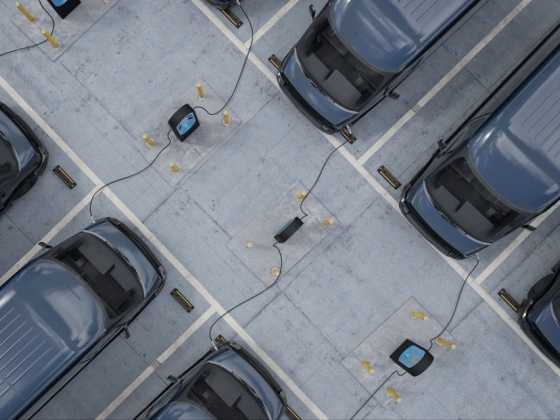£2.6 billion announced for decarbonising transport

In the Spending Review 2025, Chancellor Rachel Reeves has announced a commitment to spend £2.6bn on decarbonising transport, £1.4bn of which is to support the continued uptake of electric cars, vans and trucks.
It also includes £400 million for the further rollout of charging infrastructure.
The Spending Review also commits to extending the Advanced Fuels Fund to 2029-30 to support the production of sustainable aviation fuel, as well as £616 million to build and maintain walking and cycling infrastructure.
BVRLA Chief Executive, Toby Poston, said: “The Government is clearly committed to its road transport decarbonisation targets and giving serious thought to how it achieves them. The mandate flexibilities announced in April relieved the pressure on EV supply, this cash commitment could give a much-needed boost to demand.
“This £1.4bn could make a big difference in driving stronger and wider demand for vans, trucks and used electric vehicles. We will continue to work with colleagues at OZEV to highlight how this money can achieve the best return on investment.”
Vicky Read, CEO of ChargeUK, said: “The decarbonisation of transport is only possible if government and the private sector work effectively together. ChargeUK members’ commitment to invest £6 billion through to 2030 has already delivered over 80,000 public charge points, with a new one deployed every 25 minutes on average.
“We therefore strongly welcome the Chancellor’s announcement of investment to support this transition, with £1.4 billion allocated for vehicles and £400 million for charging infrastructure.
"It is vital that Government focuses both on stimulating demand for vehicles and targeting public funds in the most efficient way to complement private capital in infrastructure.
"ChargeUK is looking forward to working with the Department for Transport to ensure the funding announced today is allocated where it can have the most impact, in addition to taking action in other ways to help our members deliver widespread, affordable charging. This can be achieved by equalising VAT on public charging to five per cent, addressing the rise in standing charges, and extending the Renewable Transport Fuel Obligation to include EV charging."



